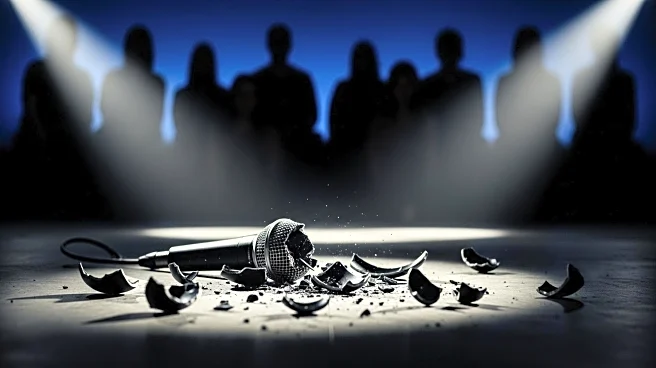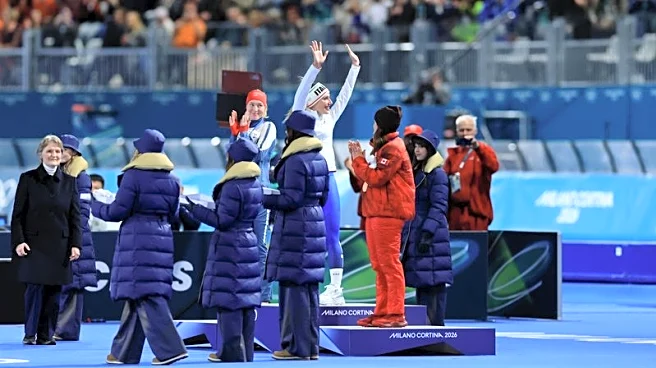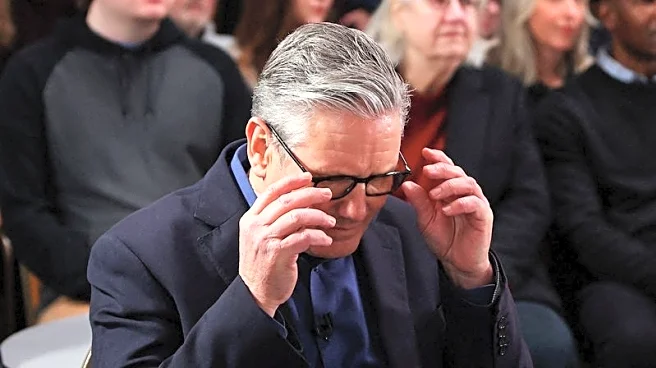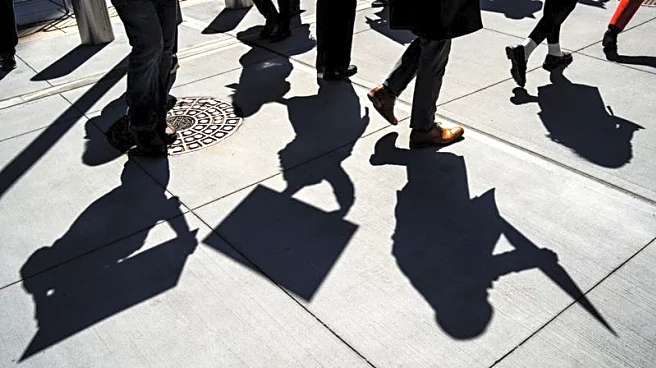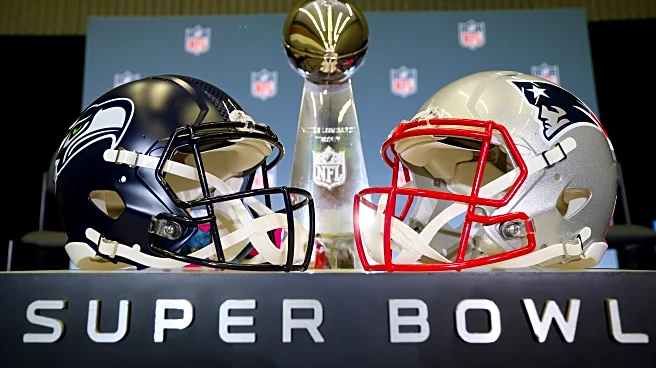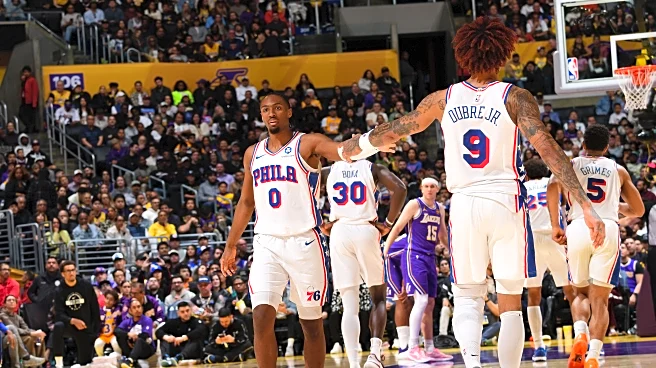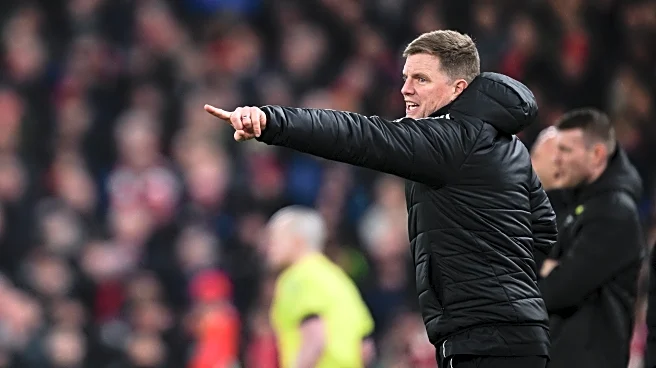What's Happening?
A former reality TV star has faced no repercussions after making a controversial joke about Charlie Kirk's death. The incident highlights a broader issue of public figures making insensitive remarks without facing significant consequences. The joke was made during a Fox News segment, where President Trump also commented, adding to the controversy. Despite the backlash, the reality TV star remains unaffected, contrasting with other individuals who have faced professional consequences for similar actions. This situation underscores the disparity in accountability among public figures, particularly those with significant influence or connections.
Why It's Important?
The lack of consequences for the reality TV star's remarks raises questions about accountability and free speech in the U.S. It highlights the uneven application of repercussions for public figures, suggesting that those with certain affiliations or status may evade consequences. This situation could impact public discourse, as it may embolden others to make insensitive or harmful comments without fear of repercussions. It also reflects broader societal issues regarding the influence of media personalities and the role of public opinion in shaping accountability.
What's Next?
The incident may prompt discussions on the standards of accountability for public figures and the role of media in enforcing these standards. Stakeholders, including media companies and advocacy groups, might push for clearer guidelines on handling such situations. Additionally, public pressure could lead to changes in how media personalities are held accountable for their statements. The ongoing debate about free speech and its limits in the context of public figures is likely to continue, potentially influencing future policies and societal norms.
Beyond the Headlines
This event touches on deeper issues of free speech and its regulation, particularly in the context of media and public figures. It raises ethical questions about the balance between free expression and the responsibility to avoid harm. The incident also reflects cultural shifts in how society perceives and reacts to controversial statements, potentially influencing long-term changes in media practices and public expectations.
